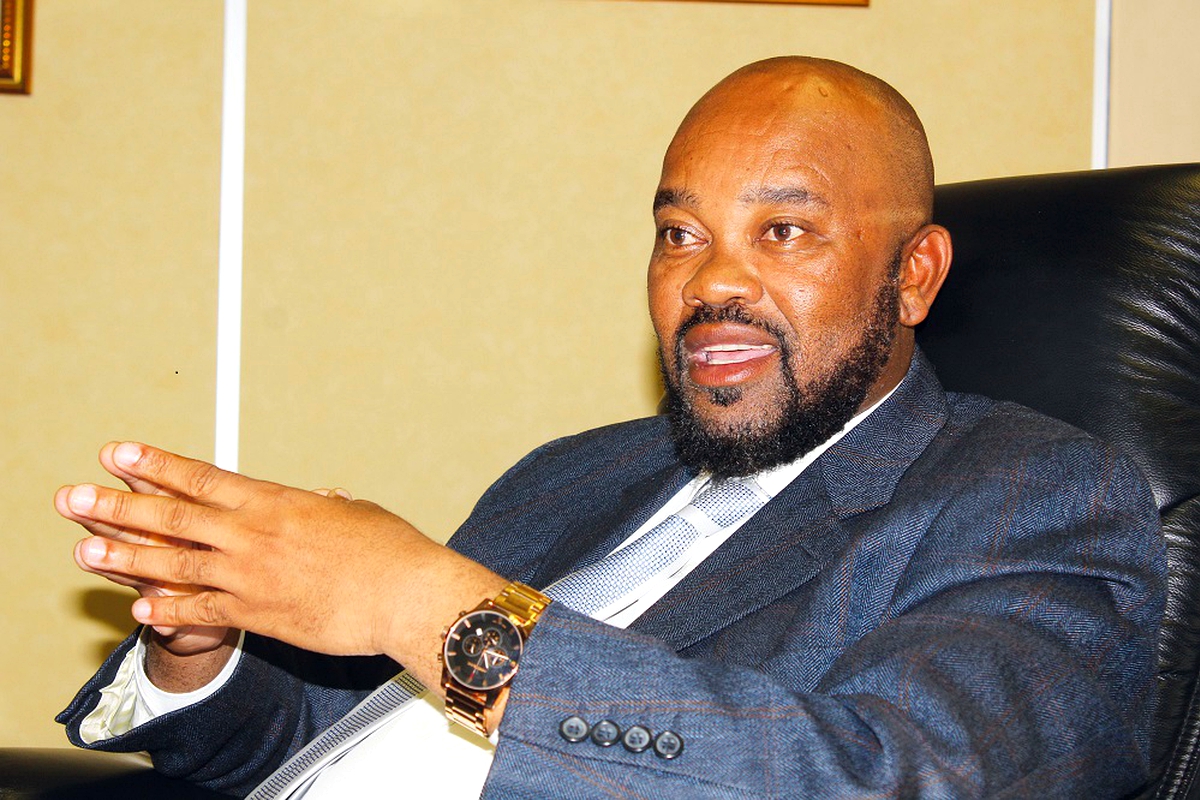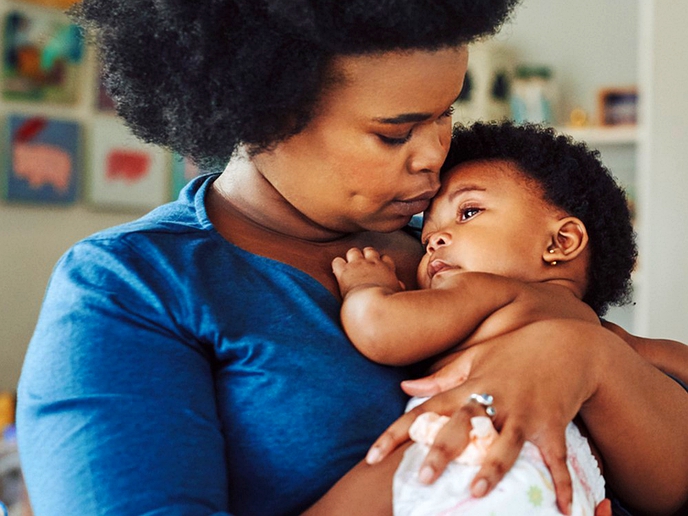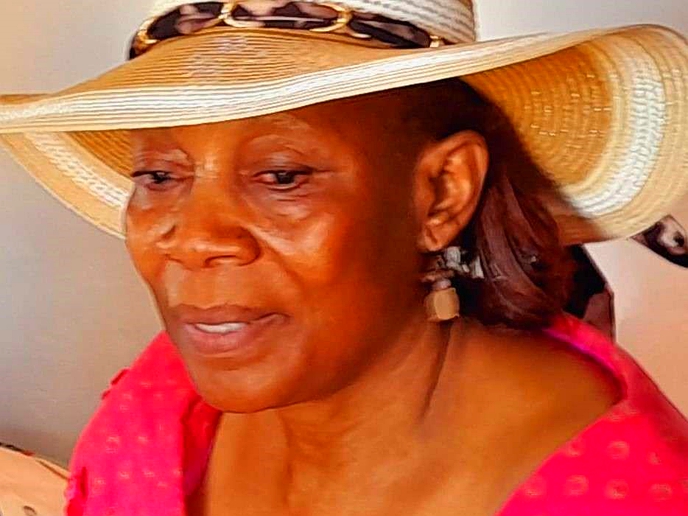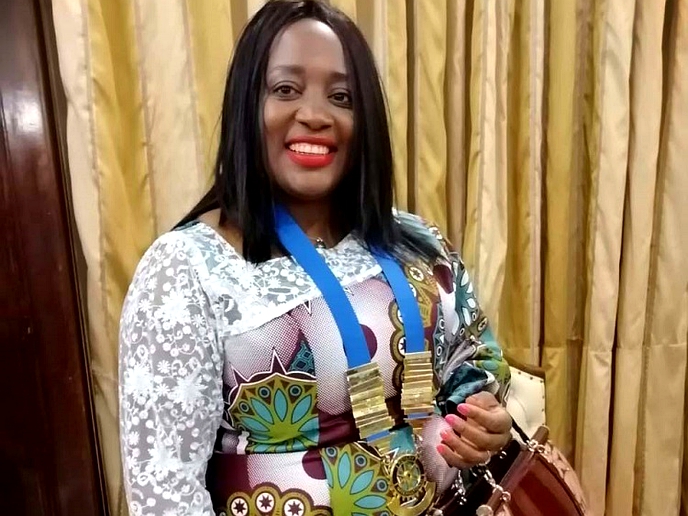MASERU – The International Organisation for Migration (IOM) describes the COVID-19 outbreak as the largest mobility crisis the world has ever seen, with 209 countries affected to date, 52 of which in Africa.
health
Sept. 15, 2020
LINEO MABEKEBEKE
2 min read
COVID-19 brought migration crisis

Deputy Minister of Foreign Affairs Machesetsa Mofomobe
During training on protection of vulnerable Basotho (returnees) and human trafficking for district managers of the Ministry of Social Development that was held in Maseru on Tuesday, Eriko Nishimura from IOM head office Lesotho said opportunities for movement have reduced drastically.
She said the Coronavirus has brought a migration crisis, initially starting as Basotho stranded migrants in South Africa, and then, returnees who were forced to return home out of desperation.
The risks and challenges they encountered during the journey from South Africa to Lesotho, she said differed for male and female migrants.
Ms Nishimura, however showed that some went through traumatic experiences including gender based violence and criminal attacks.
According to a report that was conducted on July 2020 by Skill-Share Lesotho, some returnees consider quarantine measures responding to the COVID-19 pandemic as ‘prison’ since they have little knowledge on the process in Lesotho.
Ms Nishimura said border closures, while broadly effective against the pandemic, carry some risks, which include increasing and changing irregular migration patterns, and in turn, potentially increasing transmission and reducing states’ abilities to trace it.
She further stated that host countries face additional challenges in many sectors, such as health and agriculture, which depend on the availability of migrant workers.
The Deputy Minister of Foreign Affairs Machesetsa Mofomobe said the Ministry of Social Development is one of the key stakeholders in the fight against trafficking in persons.
Enjoy our daily newsletter from today
Access exclusive newsletters, along with previews of new media releases.
One of its functions, he said is to provide care and support to victims of trafficking in persons such as provision of shelter, food and clothing to victims of trafficking.
Mr Mofomobe however said the social development ministry is unable to perform its functions effectively due to lack of resources.
Due to the COVID-19 pandemic which has brought a new migration dynamic in Lesotho, IOM intends to understand the impact of COVID-19 on vulnerable returnees mainly from South Africa to inform their policy advocacy as well as humanitarian and socio-economic intervention targeting the returnees and their family, as well as migration affected community.
As a result, a rapid assessment of COVID-19 situation along the border communities and situation analysis of Basotho returned migrants was conducted in the 10 districts of the country and its findings will be published on Wednesday.
Tailored for you






